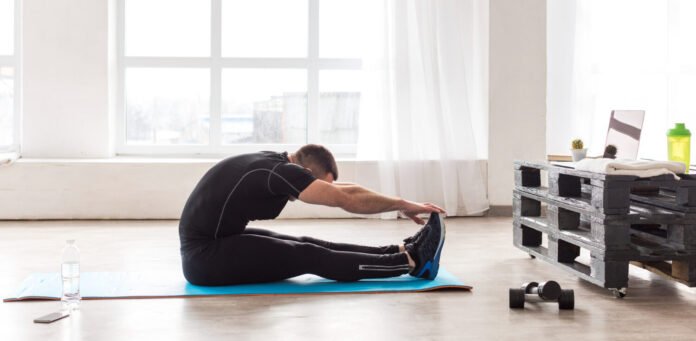For 75 gruelling days, followers of the ‘75 Hard’ extreme fitness programme ditch alcohol, cheat meals, and comfort, sparking fierce debates over its merits and mental toll
The ‘75 Hard’ challenge has re-emerged as a viral sensation in January, fuelled by TikTok trends and New Year’s resolutions. Created in 2019 by author and podcaster Andy Frisella, this extreme fitness programme is not just about physical fitness—Frisella brands it as a “transformative mental toughness programme.”
Participants must endure a strict 75-day regimen: follow a healthy diet without cheat meals, abstain from alcohol, complete two 45-minute workouts daily (one of which must be outdoors), drink 3.5 litres of water, and read 10 pages of nonfiction. A single slip-up means starting from day one.
Frisella insists this is not a fitness challenge but a mental reset that builds discipline and fortitude. “This programme will change your life,” his website claims. However, its punishing demands and lack of scientific backing have sparked criticism, particularly from health professionals.
Critics Sound the Alarm
Dr Sam Whiteman, an NHS GP, voiced concerns over the challenge, noting its absence from clinical studies. “It’s unclear whether this is any more effective than a balanced routine, like exercising three times a week,” he told the BBC. While promoting activity is beneficial, Whiteman warned that the rigidity of 75 Hard could lead to burnout or injury.
The programme’s vagueness about what constitutes a “healthy diet” also raises eyebrows. Without professional oversight, participants could inadvertently harm their physical or mental health by pushing themselves too far.
Embed from Getty ImagesWhy the Obsession?
Despite the warnings, 75 Hard continues to captivate millions, particularly on social media platforms like TikTok and Instagram, where users document their progress. Frisella’s approach appeals to those seeking structure and discipline in an age of distraction. With 3.3 million Instagram followers, his influence is undeniable.
However, critics argue that its all-or-nothing mentality sets participants up for failure. Jessica Malone, a personal trainer, explains: “This programme works for those who are already disciplined, but it’s unrealistic for beginners or anyone with a demanding schedule. Gradual progress often leads to better long-term results.”
Softening the Hard Edges
Recognising the challenge’s intensity, some enthusiasts have developed modified versions like “Soft 75” or “Easy Hard.” These alternatives reduce the workload—allowing one workout per day or permitting occasional indulgences—making the programme more accessible.
Ultimately, 75 Hard appeals to a niche audience driven by the allure of extreme discipline. However, experts stress the importance of finding balance. Programmes like the NHS Live Well initiative offer practical advice on diet, exercise, and overall health, focusing on sustainability rather than extremes.
The debate over 75 Hard highlights a broader conversation about health trends in the social media age. While dramatic transformations might grab attention, long-term well-being often lies in consistency and moderation.
